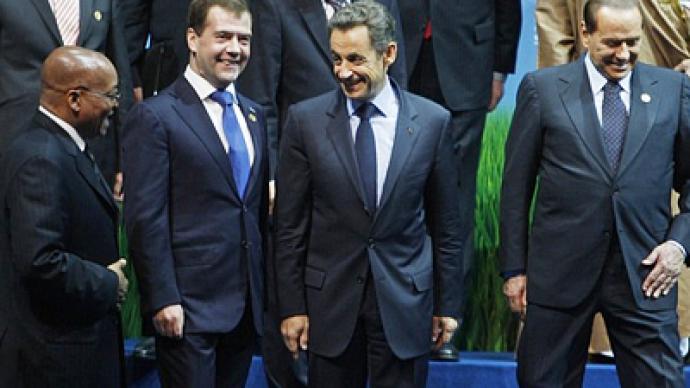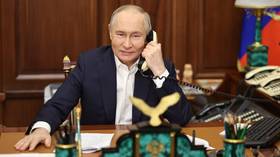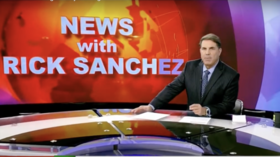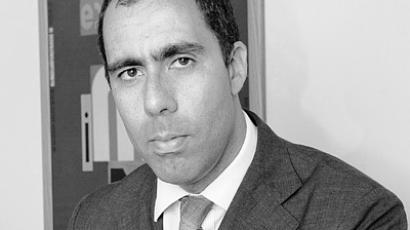Russia and EU continue gas investment discussions

In the wake of a growing energy investment stand-off between Russia and the EU, Energy Minister Sergey Shmatko told RT Russia was trying to settle the problem by means of both talks with the EU and increasing domestic energy efficiency.
The key issue is Brussels' 'Gazprom clause', that forbids the gas giant from buying into EU energy pipelines until foreign firms can do the same in Russia.SS:“This is a sore point in our relations. Gazprom has already made some investments in Europe, and we should protect those investments more carefully, as they were done in good faith. I’ve had an intensive dialogue with the EU energy commissioner today, and will continue to look for a mutually beneficial outcome.”RT: Will Russia let foreign companies use its gas pipeline system, as the EU demands?SS: “This point is not up for discussion. We have strict national laws completely guarding monopoly control of the gas transport network.”RT: Russia’s one of the world’s most inefficient users of energy. You go so far as to say saving energy is your number one target.SS: “Energy efficiency today is our key priority. We waste 4 times more energy than Europe or Japan, because both homes and industry get power on the cheap. It’s affecting our competitiveness. Today that’s changing – energy’s becoming a significant part of domestic and industrial costs. Our new law on energy efficiency will maintain that. We can make energy savings of 40% by 2020. But private companies must drive those improvements, not government as happens in some other countries.”















